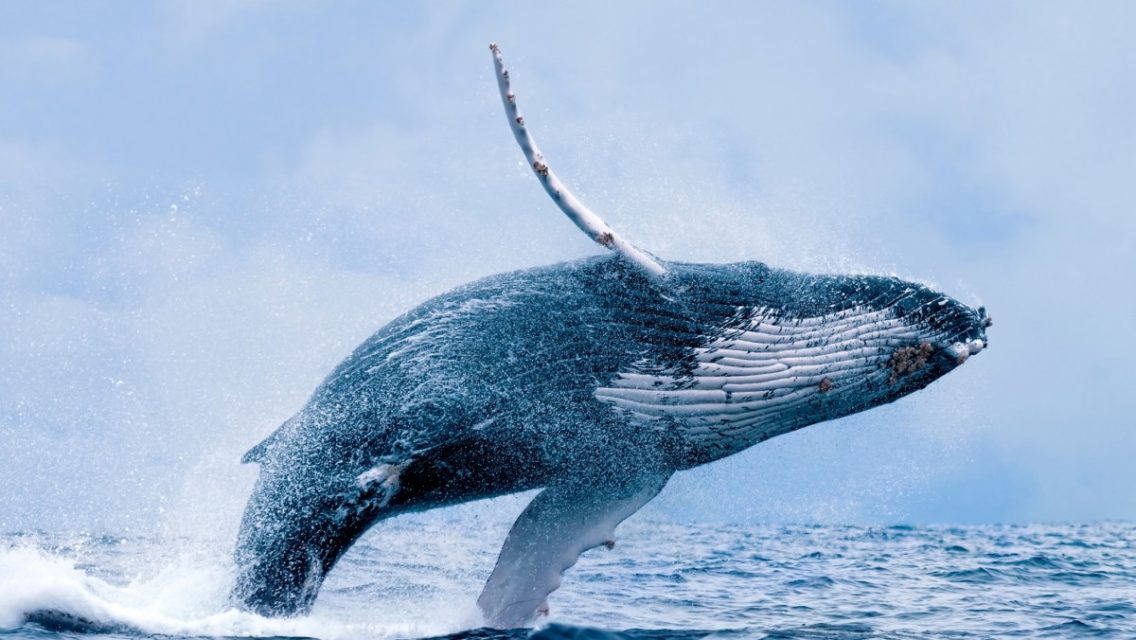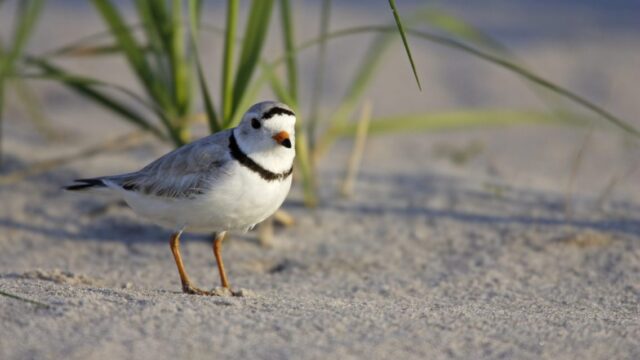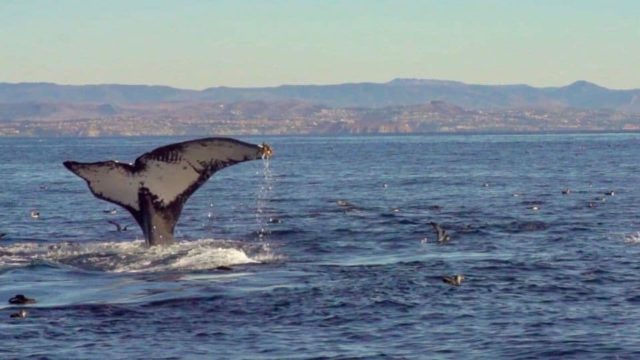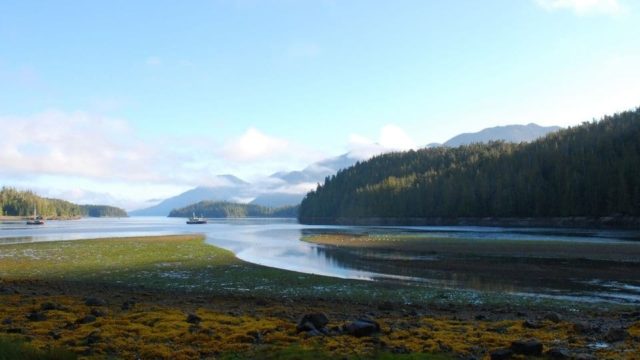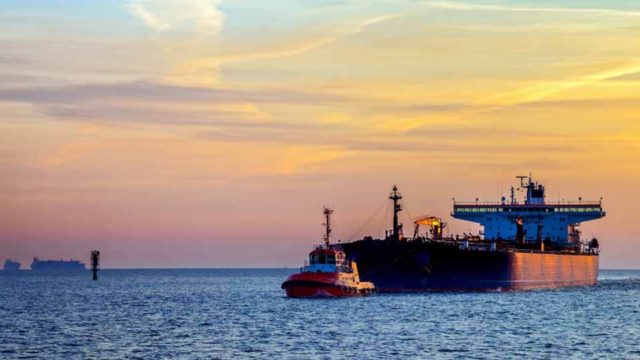In 2012, our clients launched a lawsuit over the federal government’s continued failure to implement the Species at Risk Act (SARA). Ecojustice lawyers represented five organizations in their challenge to the Minister of Environment’s and Minister of Fisheries and Oceans’ multi-year delays in producing recovery strategies for four at-risk species. The four species at issue were the Nechako white sturgeon, marbled murrelet, Pacific humpback whales and southern mountain caribou.
Construction and operation of the Northern Gateway project would have negative effects on all four species and would threaten their habitat, which lies along the proposed pipeline and shipping route. Delaying recovery strategies makes it easier for industrial projects to speed through regulatory review without a full understanding of the long-term impacts on wildlife species and their habitat.
In 2014, the Federal Court found that the federal government acted unlawfully by delaying recovery strategies for the four species (Western Canada Wilderness Committee v. Canada [Fisheries and Oceans], 2014 FC 148).

